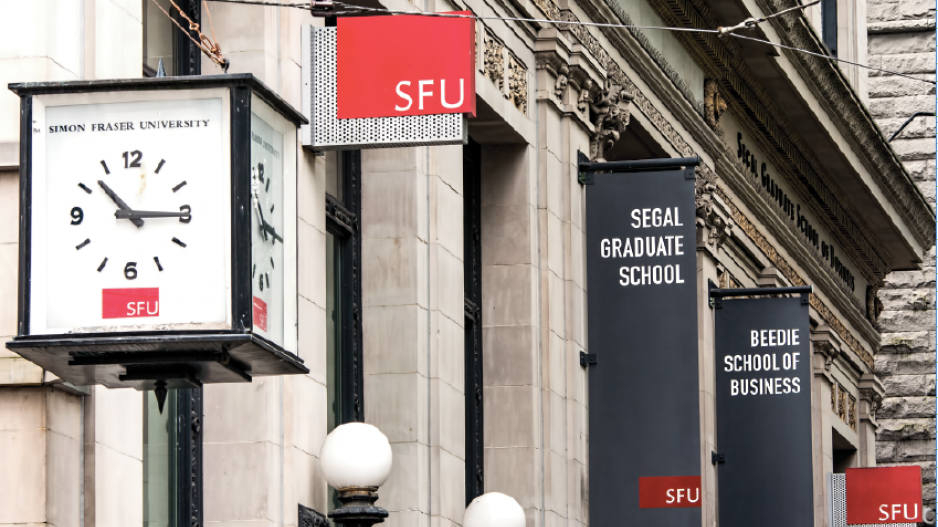As students contend with cancelled graduations and the uncertainty of post-secondary classroom formats, many young professional are anxious about how COVID-19 might affect their career path and expectations.
Hopeful accountants were disappointed earlier this year when the three-day Common Final Examination (CFE), a requirement to become a Chartered Professional Accountant (CPA), was cancelled in May and moved to September.
The exam delay is just one of the issues facing the profession. The accounting industry is largely dependent on new graduates and prospective accountants to fill critical positions, particularly at Canada’s top accounting firms.
While partners and senior managers are responsible for the development of strategic audit plans and the final review of audited financial statements, new grads and students are essential for executing detailed audit procedures and performing sample tests to help ensure financial statements are free from error. These new grads are also needed to help manage turnover within larger firms.
Because COVID-19 has cut the flow of the student talent pipeline for CPA firms, the industry has had to redesign how it recruits, hires and trains the thousands of students that they depend on each year.
Typically, accounting firm recruitment involves a number of large meet-and-greets and group socials on university campuses across the country, something now ruled out by social distancing requirements, forcing accounting firms to revamp their interviewing and hiring processes. This has meant moving to digital interactive techniques and has changed the dynamic of the recruitment process. Live campus events encouraged prospective CPAs, businesses and accounting firms to attend recruitment fairs, with a “build it and they will come” strategy. In the COVID-19 era, firms are challenged to more actively headhunt for candidates.
“It’s become a little more competitive to get in front of people and find people,” said Paul Peterson, director of talent attraction at Grant Thornton LLP. “Before, I could work through a career centre, and it was very easy. I can still work with them, but students are all over the place.”
But not everyone is upset about the loss of live events. Peterson said that the live events became a case of who could spend the most money to draw the most people. He added that the elimination of large competitive CPA recruitment fairs could help to level the playing field.
Firms like KPMG are focusing on digital solutions to work their way around the problem, replacing recruitment booths in crowded campus halls with virtual information sessions.
Instead of meeting candidates at a campus coffee shop to discuss job opportunities, KPMG is hosting virtual coffee chats, said Nicole Tomassetti, director of national talent acquisition strategy and operations at KPMG Canada.
The pandemic has created challenges for the accounting industry and its recruitment process as it has for most other businesses, but CPA firms have been able to hurdle many of the obstacles.
Both Peterson and Tomassetti agree that COVID-19 has provided the opportunity for students and new hires to develop skills that were not essential for previous crops of candidates.
During the recruitment process, students are learning how to virtually and digitally market themselves to prospective employers and improve the skills they need to work in a digital space.
For new and recent hires, the industry is adapting by creating virtual training plans to prepare students.
KPMG has teamed up with Simon Fraser University’s Beedie School of Business to create what they call a Digital University, focused on problem solving and digital skills, with courses in data analytics. The program also focuses on leadership development by giving new hires access to KPMG’s business leaders from around the country in an online setting. And it’s not only new hires that are benefiting. With everyone working under the same pandemic circumstances, training has become a two-way street. While senior accountants teach new hires about client relations, new hires are teaching the senior accountants how to work and operate in the digital age, Peterson said.
Covid-19 has changed how the accounting industry recruits and trains students, but it hasn’t changed accounting firms’ dependence on students to fill important job functions and roles.
“The transition has been kind of bumpy in figuring out how do we access people; how do we meet all the right people we want,” Peterson said. “We’re figuring a lot of that out. No one has it down perfect, but there’s still lots of opportunity, there’s still lots of jobs, there’s still lots of work. So I hope [prospective accountants] at least feel half optimistic that way.”




